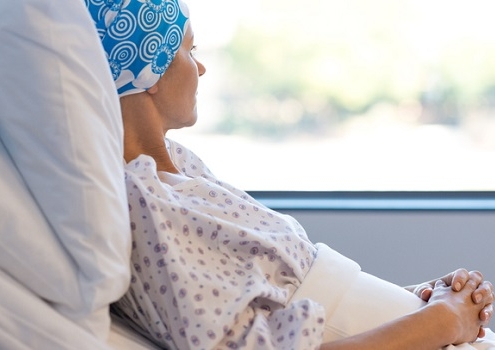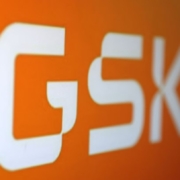Study: biosimilars ‘fulfilling their promise’ of lowering biologic prices
Study: biosimilars ‘fulfilling their promise’ of lowering biologic prices
Published: Jun 07, 2023
By Tristan Manalac
BioSpace
The entry of biosimilars promotes healthy market competition. It can reduce the prices of branded biologic medicines, according to a new study from the University of Southern California’s Leonard D. Schaeffer Center for Health Policy & Economics.
The study, published online Tuesday in the journal Health Affairs, focused on Genentech’s (Roche) breast cancer treatment Herceptin (trastuzumab) and its five biosimilar competitors that entered the U.S. market starting in 2019: Amgen’s Kanjinti, Viatris’ Ogivri, Pfizer’s Trazimera, Teva’s Herzuma and Organon’s Ontruzant.
Study results showed that when Herceptin’s first biosimilar competitor—Kanjinti—hit the market, its average price dropped around 21%, from $101 to $80 per 10 mg. By the second quarter of 2022, toward the end of the study’s analysis period, biosimilars maintained an average sales price of 28% to 58% of Herceptin’s pre-competition average sales price.
“Trastuzumab is the best example of biosimilars fulfilling their promise to reduce biologic drug prices,” Alice Chen, study lead co-author and associate professor and vice dean for research at USC Sol Price School of Public Policy, said in a statement. Chen is also a senior fellow at the USC Schaeffer Center.
The entry of biosimilars also eroded Herceptin’s market footing. After Kanjinti’s introduction, the branded medicine started losing market share to its biosimilar competitors. Kanjinti demonstrated a strong first-mover advantage, though the following entrants eventually established their market niches.
Biosimilars also altered prescription patterns. Hospital-based doctors tended to prescribe either Herceptin or a biosimilar, but not both, while office-based physicians were more balanced in their prescriptions.
“In just three years, the trastuzumab market displayed important hallmarks of competition: doctors could choose among six products; new entrants rapidly captured market share from the originator; and prices steadily declined on all six options,” Chen said.
Next Big Biosimilar Boom
USC Schaeffer’s analysis comes as AbbVie’s mega-blockbuster Humira (adalimumab) faces one of the industry’s largest biosimilar threats.
In its year-end and fourth-quarter 2022 earnings report, AbbVie posted 22% lower sales for its best-selling asset and estimates that mounting competitive pressure would reduce this by 37% more in 2023. In the first quarter of this year, Humira already lost 25% of its global revenues to biosimilar erosion.
As with Herceptin, Amgen is leading the biosimilar charge against Humira. Its Amjevita, approved by the FDA in 2016, was launched in the U.S. on Jan. 31, 2023. Around eight other biosimilars will enter U.S. markets by midyear, including Coherus BioSciences’ Yusimry.
Last week, the California-based company announced it was launching its Humira biosimilar at $995 for two autoinjectors, an 85% discount on the branded product’s selling price. This would make Yusimry the most affordable adalimumab offering in the country once it launches in July.
Source: BioSpace










